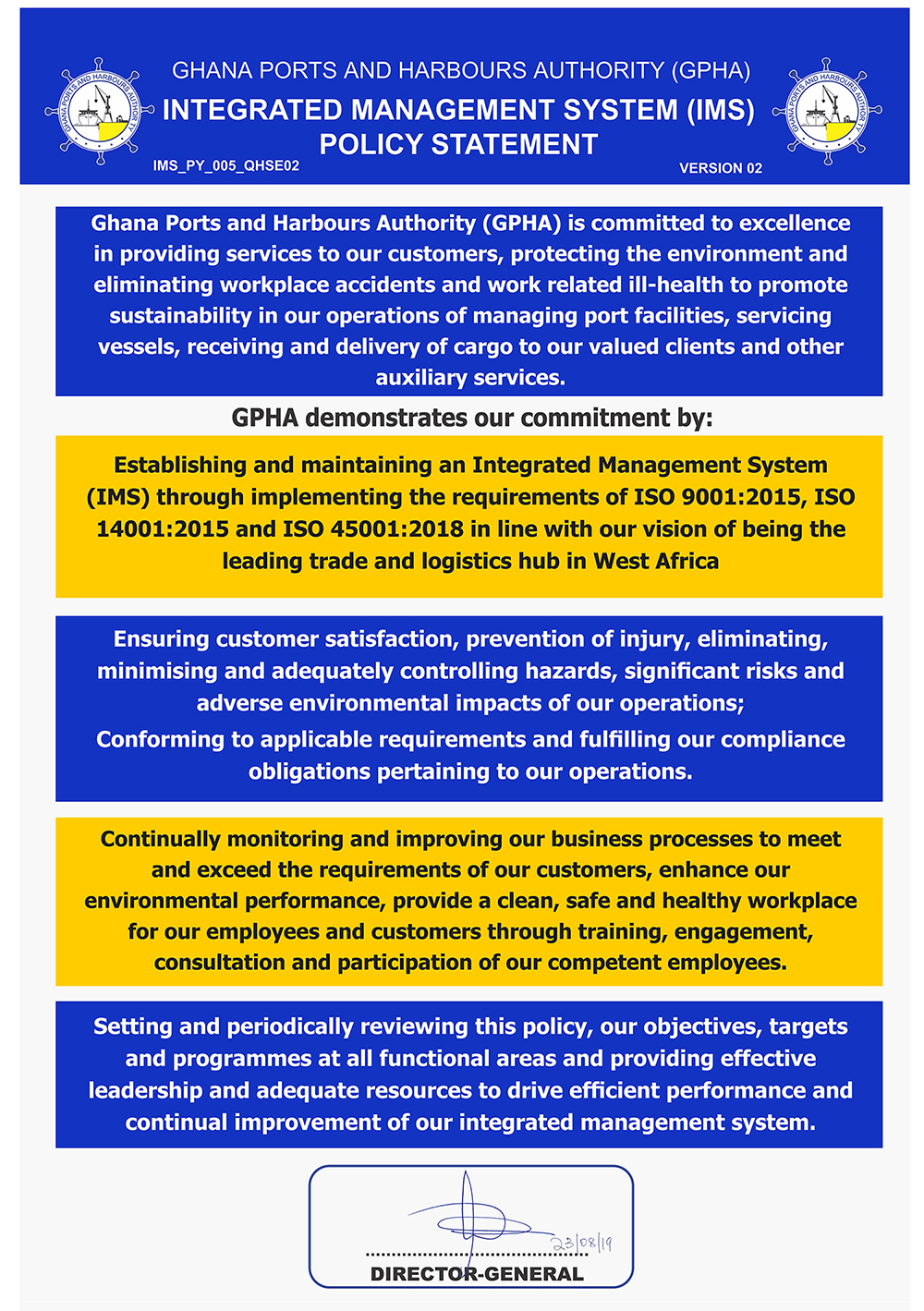

Ports in West and Central Africa are fully prepared in terms of infrastructure and otherwise to aid in the implementation of the AfCFTA. The Director-General of the Ghana Ports and Harbours Authority, Michael Luguje, who made the declaration during the 43rd annual Council Meeting and 18th Round Table of Director-Generals and Managing Directors of the Ports Management of West and Central Africa, averred that the ports have been positioned to take advantage of the agreement.
Mr. Luguje was chairing a plenary session on how AfCFTA has fared three years on. The GPHA Director-General, who also doubles as the Vice President of the International Ports and Harbours Association, expressed optimism about the readiness of the ports to aid exports on the continent.
According to him, the ports have developed some appreciable level of expertise in the handling of exports.
“To a large extent, the ports have the facilities to handle cargo and ships, and our capacities have been tested so far as imports are concerned, but we haven’t been able to achieve 40% capacity for export shipments through our ports. That is why we should be interested in AfCFTA, which will help us generate cargo within the continent that will move from Point A to B. We are going to focus more on exports instead of imports. So what we are assuring the industrial public is that the ports are ready," the GPHA boss said.
On his part, the Executive Secretary of the National Action Committee on AfCFTA in Nigeria, Olusegun Awolowo, explained how AfCFTA has become the biggest trading block in the world and why it is imperative for Africa to give it her all.
He said that with Africa having a market of 1.2 billion people and 3 trillion dollars, “customs in Africa must realize that revenues will fall short when we start full implementation of AfCFTA because Africans will not be paying duties again. That’s why the trade facilitation process is very important.”